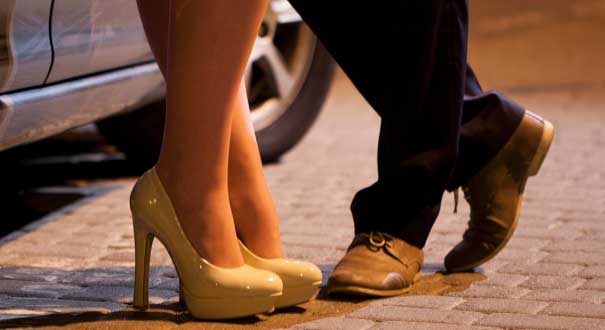Prostitution, the act of engaging in sexual activity for money or other benefits, is illegal in most states, including California. The laws in California related to prostitution are complex and can result in serious consequences for those found guilty of violating them.
California Penal Code section 647(b) criminalizes prostitution, as well as a solicitation, or the act of requesting or agreeing to engage in prostitution. In addition, the code also criminalizes pimping and pandering, which involve promoting or facilitating prostitution. The penalties for these offenses can range from fines to imprisonment, depending on the circumstances of the case.
While prostitution is illegal in California, there are some exceptions. For instance, individuals who engage in sexual activity for money as part of a licensed business, such as a strip club or brothel, may not be guilty of prostitution. However, it is important to note that these businesses must operate within strict guidelines and regulations.
California’s prostitution laws also address the issue of human trafficking. It is illegal to force or coerce someone into prostitution or to profit from the sexual exploitation of another person. Those found guilty of human trafficking face severe penalties, including lengthy prison sentences.
To combat prostitution and human trafficking, California law enforcement agencies often conduct sting operations, which involve undercover officers posing as prostitutes or clients. These operations aim to catch individuals engaging in illegal activity and bring them to justice.
For more information on California’s prostitution laws and expert legal advice and representation, please visit socalcriminallaw.com. Their team of experienced criminal defense attorneys is dedicated to helping those facing charges related to prostitution, solicitation, pimping, pandering, or human trafficking in Southern California.



